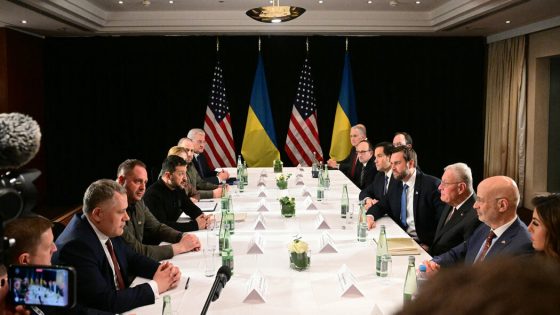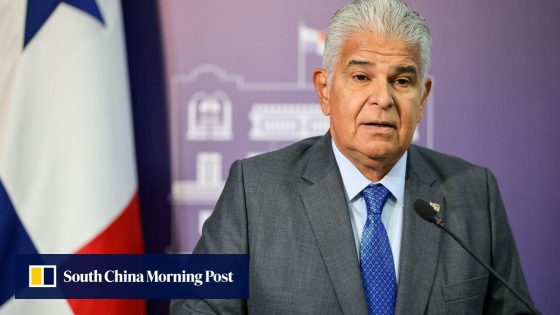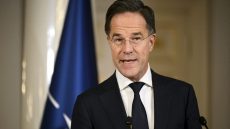Western allies of the united states convened in Munich on February 16, 2025, amidst concerns regarding President Trump’s foreign policy approach. The Munich Security Conference highlighted the marginalization of various global populations, including Palestinians, Afghans, and Ukrainians, as Trump seeks to reshape international relations under an “America First” agenda.
- Western allies feel anxious and adrift.
- Marginalized groups ignored in Trump's policies.
- Ukrainians risk being excluded from peace talks.
- Strong-arming reflects a historical U.S. approach.
- Trump's deals disregard local population desires.
- Foreign policy resembles imperial powers' strategies.
The Munich Security Conference served as a platform for Western allies to voice their anxieties regarding President Trump’s assertive foreign policy. Many participants noted that Trump’s approach often overlooks the voices and needs of those most impacted by geopolitical decisions. This has raised alarms, particularly for nations like Ukraine, where ongoing negotiations between Trump and Russian President Vladimir Putin could lead to outcomes that disregard local populations.
As the conference unfolded, experts highlighted the historical context of American foreign policy, noting that while strong-arm tactics have been common, previous administrations typically sought some form of dialogue to legitimize their actions. Charles A. Kupchan, a professor at Georgetown University, pointed out the absence of such dialogue in Trump’s dealings, which resemble imperial strategies of the past that prioritized power over the welfare of local communities.
Key points discussed at the conference included:
- The ongoing humanitarian crisis in Ukraine, with tens of thousands dead and significant territory under Russian control.
- The sidelining of Palestinian and Afghan interests in U.S. foreign policy decisions.
- The implications of Trump’s negotiations on global stability and local governance.
In summary, the Munich Security Conference underscored the growing concerns among U.S. allies about Trump’s foreign policy, which appears to prioritize national interests over the aspirations of those directly affected by international conflicts. The discussions highlighted the urgent need for a more inclusive approach to global diplomacy.
Overall, the Munich Security Conference revealed deep-seated anxieties regarding the direction of U.S. foreign policy under President Trump, emphasizing the necessity for a diplomatic approach that considers the voices and needs of all affected populations.
































